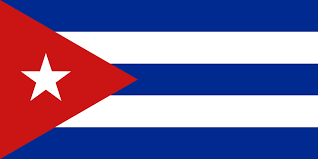Cuba’s National Assembly approved a constitutional amendment on Friday eliminating the maximum age limit of 60 for presidential candidates, while maintaining existing requirements of a minimum age of 35 and a two-term limit.
The reform, passed by the Council of State, removes age restrictions for candidates deemed to be “in the full exercise of their physical and mental faculties, with… loyalty and revolutionary trajectory,” according to National Assembly President Esteban Lazo.
Former President Raúl Castro, 94, who still holds a seat in the assembly, was the first to vote in favor of the change, which will take effect for the 2028 presidential elections. Current President Miguel Díaz-Canel, 65, was elected in 2018 and re-elected in 2023, with no publicly designated successor.
The introduction of term and age limits in Cuba’s 2019 constitution marked a significant departure from decades of leadership under Fidel Castro and later his brother Raúl. Fidel Castro, who led Cuba for nearly half a century, handed power to Raúl in 2016 due to health issues and died later that year. Raúl, who officially became president in 2008 at age 76, stepped down as Communist Party first secretary in 2021, passing leadership to Díaz-Canel.
The reform comes as Cuba faces its worst economic crisis in 30 years, with severe shortages of basic goods, frequent power outages, and record levels of emigration. The government has framed the constitutional changes as ensuring continuity of leadership amid these challenges.



